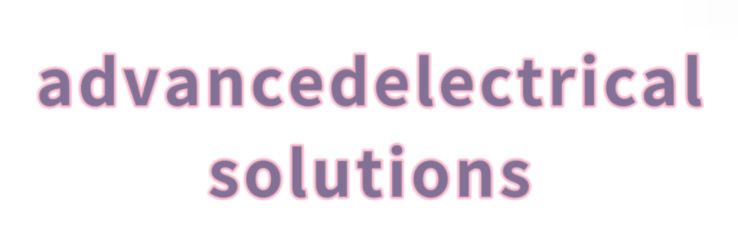Buying Miniature Solar Cells: Common Concerns and Expert Solutions
Buying Miniature Solar Cells: Common Concerns and Expert Solutions
As the world moves towards sustainable energy solutions, miniature solar cells have become increasingly popular among hobbyists, educators, and manufacturers. Whether you're looking to power small devices or create educational projects, purchasing the right miniature solar cell can feel overwhelming. This article addresses common concerns faced by buyers and offers expert solutions to make the purchase process easier.
For more mininature solar cell manufacturersinformation, please contact us. We will provide professional answers.
Understanding Miniature Solar Cells
Miniature solar cells, typically sized under 100 square centimeters, convert sunlight into electricity. They serve various applications, from powering garden lights to educational kits for students learning about renewable energy. However, customers often face challenges while selecting the right cells.
Common Pain Points When Buying Miniature Solar Cells
1. Confusion Over Specifications
Many buyers feel overwhelmed by technical specifications such as voltage, current, and wattage ratings. For example, a solar cell rated at 5V and 100mA produces 0.5 watts of power. Without clear understanding, buyers often purchase products that do not meet their needs.
Solution: When buying, focus on your project's requirements. If you need to power an LED, look for cells that can deliver at least 3V and 20mA. For reliability, sourcing from established miniature solar cell manufacturers, such as SunPower or solar manufacturers in the Asia-Pacific region, can ensure you receive accurate specifications and quality products.
2. Price vs. Quality
While it may be tempting to choose the cheapest option, purchasing low-quality miniature solar cells can be a waste of money. Customers often report lower efficiency and shorter lifespans with lesser-known brands.
Solution: Invest in reputable brands like Adafruit or SparkFun, even if they come at a slightly higher price. For instance, Adafruit's 6V solar panel costs around $5 but has shown consistent efficiency ratings above 70%. Often, spending a little extra on quality can save you money in the long run due to improved performance and durability.
3. Understanding Solar Cell Types
There's a variety of miniature solar cell types available, including monocrystalline, polycrystalline, and amorphous cells. Each type has its benefits and drawbacks. For example, monocrystalline cells are highly efficient but tend to be more expensive, while amorphous cells are cheaper but less efficient.
Solution: Assess your application needs. If space is limited but you require high energy output, monocrystalline cells may be the right choice. Alternatively, if the application is more flexible in space and budget, polycrystalline could be a good middle-ground option.
Customer Success Stories
Consider the case of John, a high school physics teacher who wanted to engage his students with practical solar energy experiments. Initially, he bought a budget solar panel from a lesser-known brand. However, the panel underperformed, leading to frustration. After switching to a more reputable manufacturer like SunPower, John reported a significant improvement in his students’ engagement and understanding of solar technology.
Another example is Linda, an eco-entrepreneur who aimed to produce small solar-powered chargers. By investing in quality polycrystalline cells from a trusted source, her products not only worked better but also received positive customer feedback, increasing her sales by 40% in the first quarter.
Next Steps for Buyers
Before making a purchase, take time to evaluate your specific needs and do some research on different manufacturers. Consider user reviews and performance data to gauge which miniature solar cells will best suit your project. Don't hesitate to reach out to manufacturers' customer service for clarification on any specifications.
By addressing these common concerns and following the expert solutions outlined above, you can confidently navigate the miniature solar cell market. Choose wisely, and you will enjoy a cleaner, more sustainable energy solution!
If you want to learn more, please visit our website space power system solution provider.


Comments